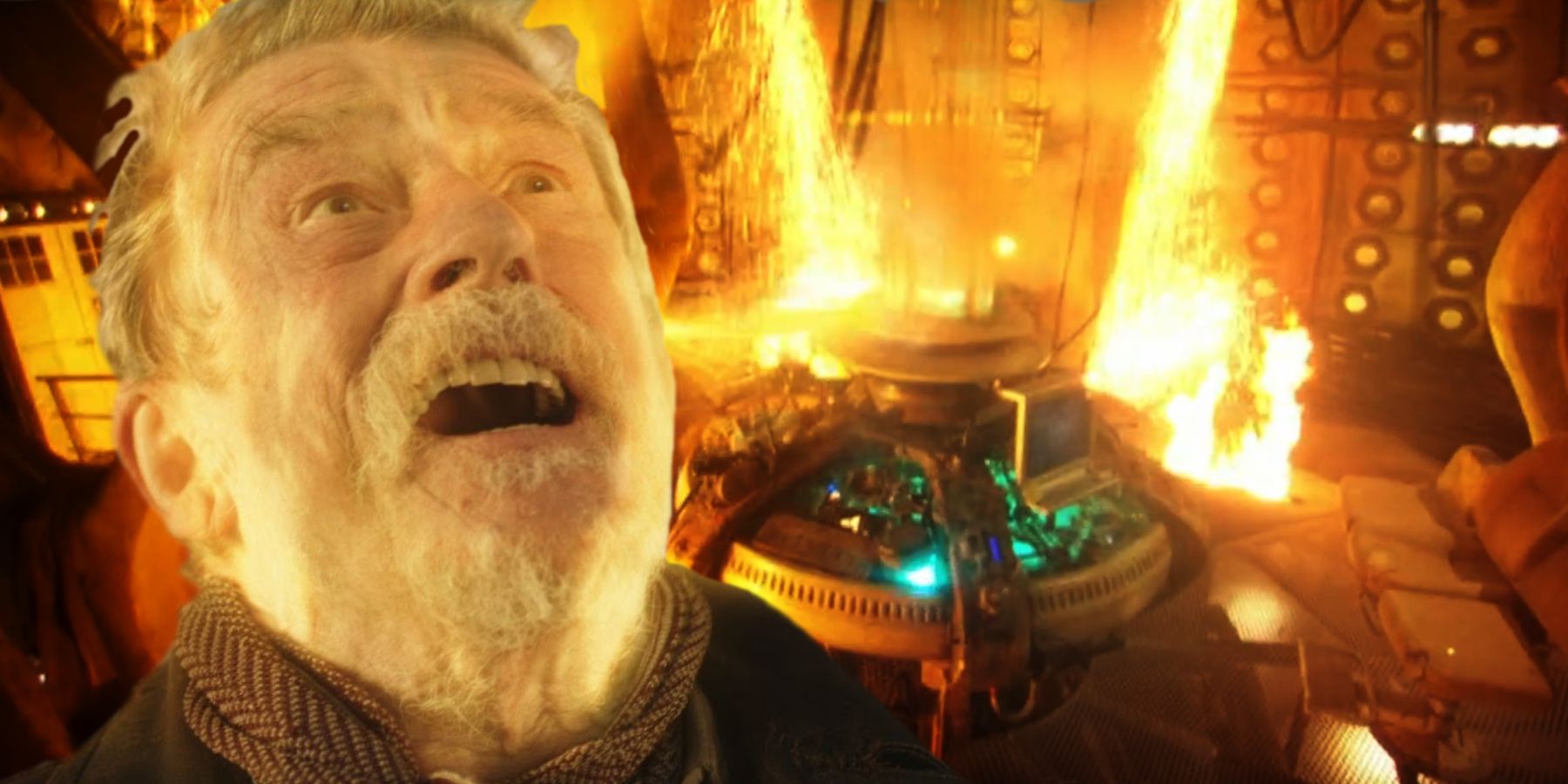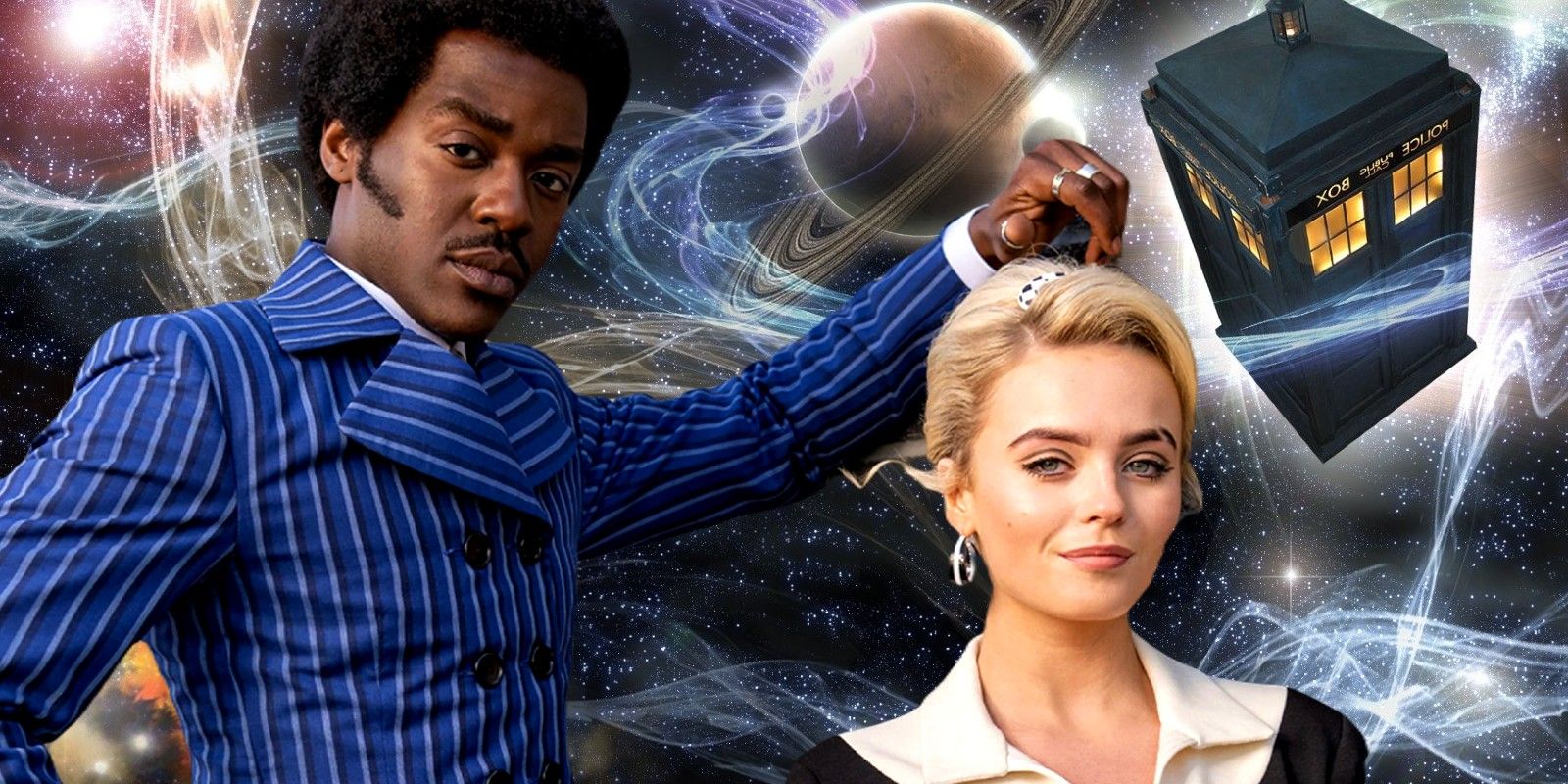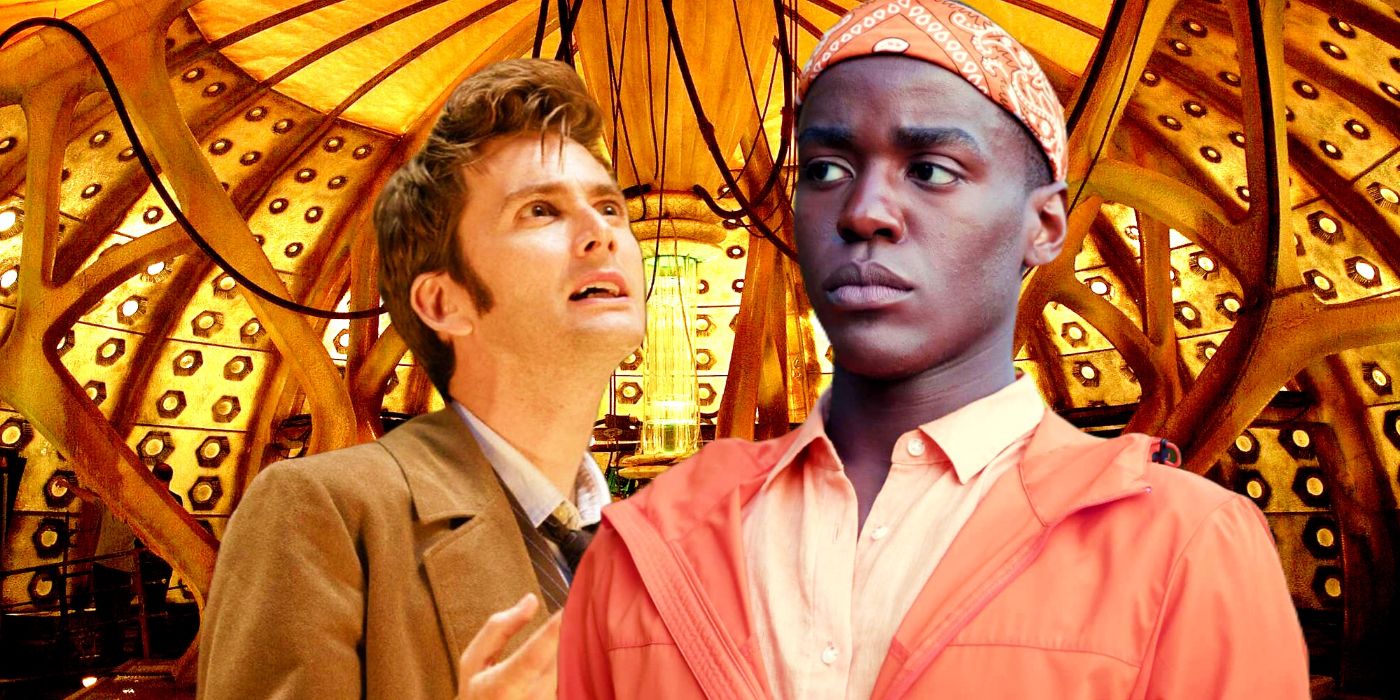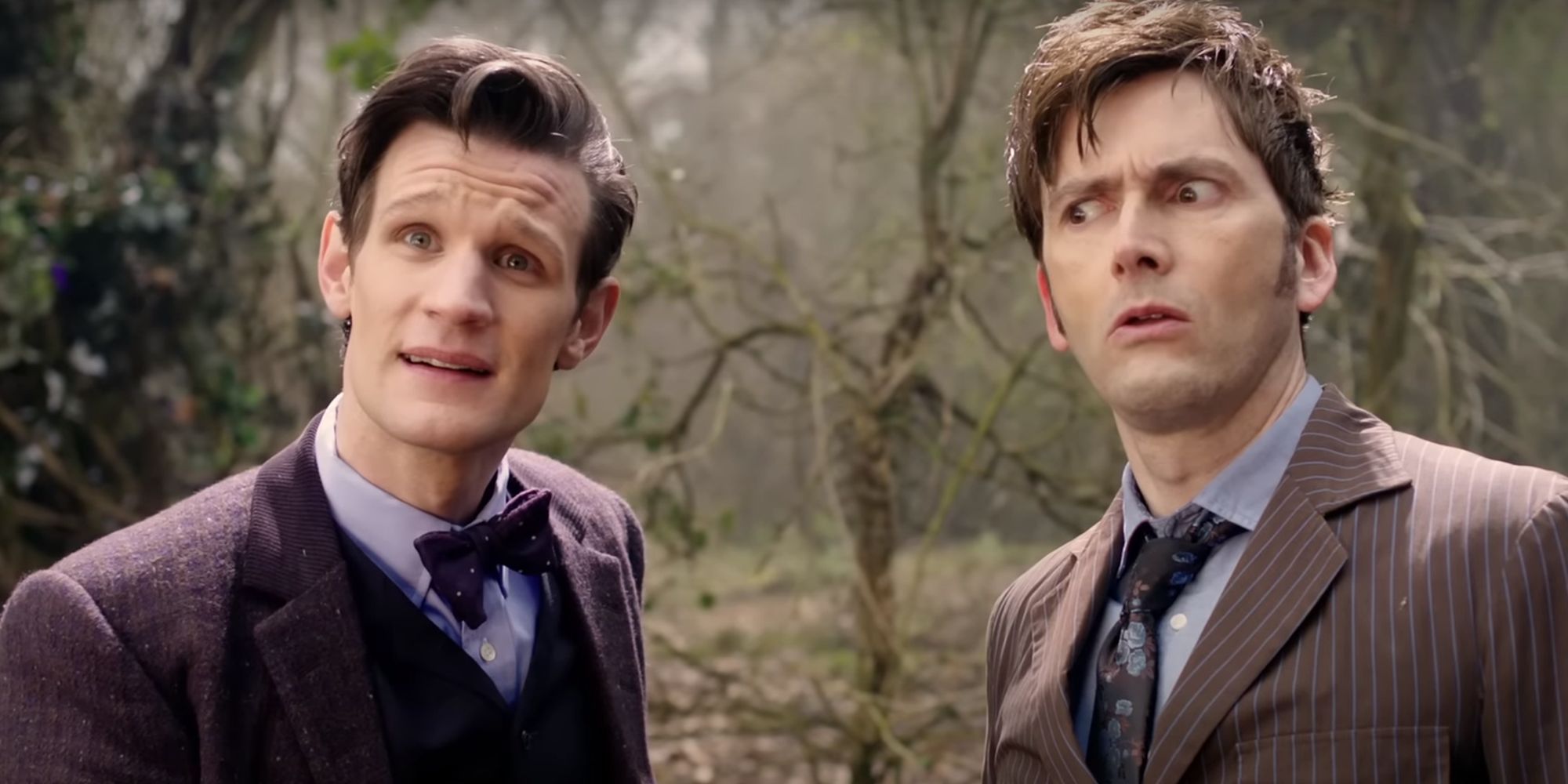
The Toymaker's Racism in Doctor Who Explained by Showrunner RTD

Doctor Who showrunner Russell T Davies unpacks the complicated origins and history of the Toymaker, addressing how he sought to address the villain's racist elements in the show's 60th anniversary.
The Complicated Origins of the Toymaker
Doctor Who showrunner Russell T Davies recently delved into the complex origins and history of the Toymaker, shedding light on the character's racist elements and how they were addressed in the show's 60th anniversary. The Toymaker made his debut in 1966's 'The Celestial Toymaker', portrayed by Michael Gough as he faced William Hartnell's First Doctor in the immortal being's domain. The character's presence in the show's 60th Anniversary special, 'The Giggle', saw Neil Patrick Harris stepping into the role, bringing the Toymaker to earth to sow chaos amongst humanity in a new game with David Tennant's Fourteenth incarnation of the Doctor.
The Toymaker dances through the street wearing a tuxedo with a top hat in Doctor Who.
Davies, in an interview with Doctor Who: Unleashed, highlighted the importance of addressing the character's unfortunate connotations in a modern story. He discussed how racism played into the Toymaker's creation, acknowledging that the original portrayal carried racist overtones. The showrunner felt it was crucial to acknowledge and incorporate this into the character's interactions with others, ensuring that the Toymaker's racist elements were not overlooked in the show's evolving narrative.
Davies explained, 'It is said, and I understand this, that there was a history of racism with the original Toymaker, the Celestial Toymaker, who had celestial... And I did not know this, but 'celestial' can mean of Chinese origin, in a derogatory way. It also means from the sky. But it can also mean Chinese, and in a kind of imperial way, in a British Empire sort of way. And there's a lot of debate about why was the original Toymaker, who was a white man, dressed up as a Chinese Mandarin? Why? And that's not the actor's fault. I'm not blaming the actor at all. He was just... I don't know how much of that was unconscious at the time.'
How Toymaker's Unfortunate History Plays Into 'The Giggle''s Wider Story
The Toymaker's unfortunate history has been a topic of discussion, with showrunner Russell T Davies taking a bold approach in addressing the character's racist overtones and incorporating them into the wider narrative of the show's 60th Anniversary special, 'The Giggle'. Davies, known for boundary-pushing television, has consistently addressed societal upheavals and given voice to marginalized perspectives, a trend reflected in his handling of the new era of Doctor Who.
Furthermore, Davies utilized the character's unfortunate history to play into the wider torment of humanity, using the Toymaker's latest game to bring out the prejudices and suspicions held by humanity. This approach allowed Davies to briefly critique the current state of the world in a densely packed Doctor Who episode, characterizing the Toymaker as a chaotic trickster who preys on people's darker impulses to amuse himself, providing commentary on the state of the world.
Davies' careful consideration in bringing the classic villain back into the modern era is evident, as he sought to address past wrongs while embracing the character's complexities. The decision to tackle the Toymaker's situation not only allowed for the return of a much-desired villain but also aimed to rectify past issues in significant, noticeable ways.
The Impact of Doctor Who's 60th Anniversary Specials
As Doctor Who's 60th Anniversary comes to a close, audiences worldwide have witnessed the thought-provoking narratives and bold choices made by showrunner Russell T Davies. The 60th Anniversary specials, available on Disney+ for international audiences and BBC iPlayer for UK viewers, have provided a platform for addressing complex issues, including the portrayal of classic characters with racist overtones. Davies' commitment to acknowledging and addressing these sensitive elements reflects the show's dedication to evolving and engaging with its audience in meaningful ways.
The 60th Anniversary specials have not only celebrated the longevity of Doctor Who but have also served as a platform for critical reflection and storytelling that resonates with contemporary societal challenges. The show's ability to confront uncomfortable truths and push the boundaries of storytelling reaffirms its position as a cultural phenomenon that continues to captivate and provoke thought.














